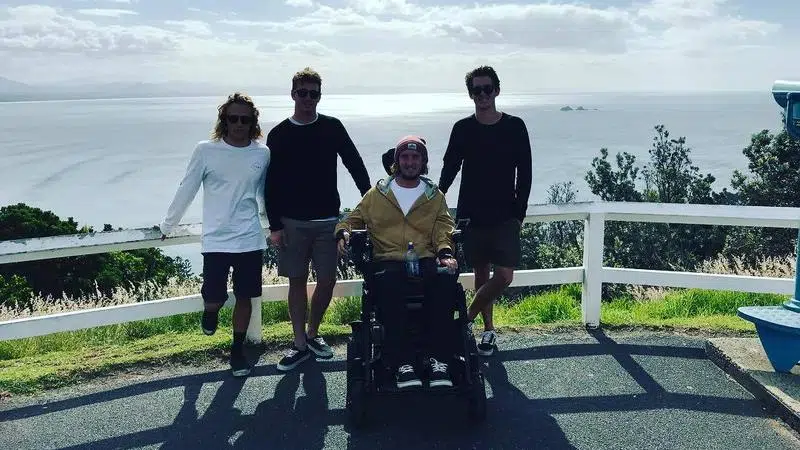
GINTA: Personal responsibility can prevent future tragedies
ON A FATEFUL DAY IN 2012, somewhere on Salt Spring Island, a set of bad decisions ended up changing many people’s lives for the worst and ending one. Calder McCormick and Ryan Plambeck, then 17 and 18 years old respectively, left a house party in an advanced state of intoxication from alcohol and marijuana, got in a car that was not theirs and crashed shortly after.
McCormick survived but suffered brain trauma which left him unable to pursue further education or even ride a bicycle, while Ryan Plambeck died at the scene of the crash. He was behind the wheel but did not have a valid driver’s license. Heartbreaking and yet preventable.
McCormick is suing the two parents who hosted the party on their property, for negligence. The ongoing lawsuit which is set to wrap up this week or the next, can set a precedent for any parent who will allow underage drinking in their home. The parents were in the home during the party, did not provide drinks but allowed guests to bring their own, and reinforced their no-drinking-and-driving policy by taking drivers’ keys away and asking them to arrange rides home once the party was over. Could they have done more to prevent the tragedy that unfolded that night and has since continued to affect the lives of so many people?
Where does personal responsibility come in, though? Should we, as a society, encourage people to consider their choices before tragedies happen rather than find someone afterwards to pay for what often looks like avoidable consequences.


